Mattress buying mistakes – what not to do when you're buying a new bed
With so many makes and models on the market, it's easy to make a mattress buying mistake – here's my hard-won wisdom on what not to do
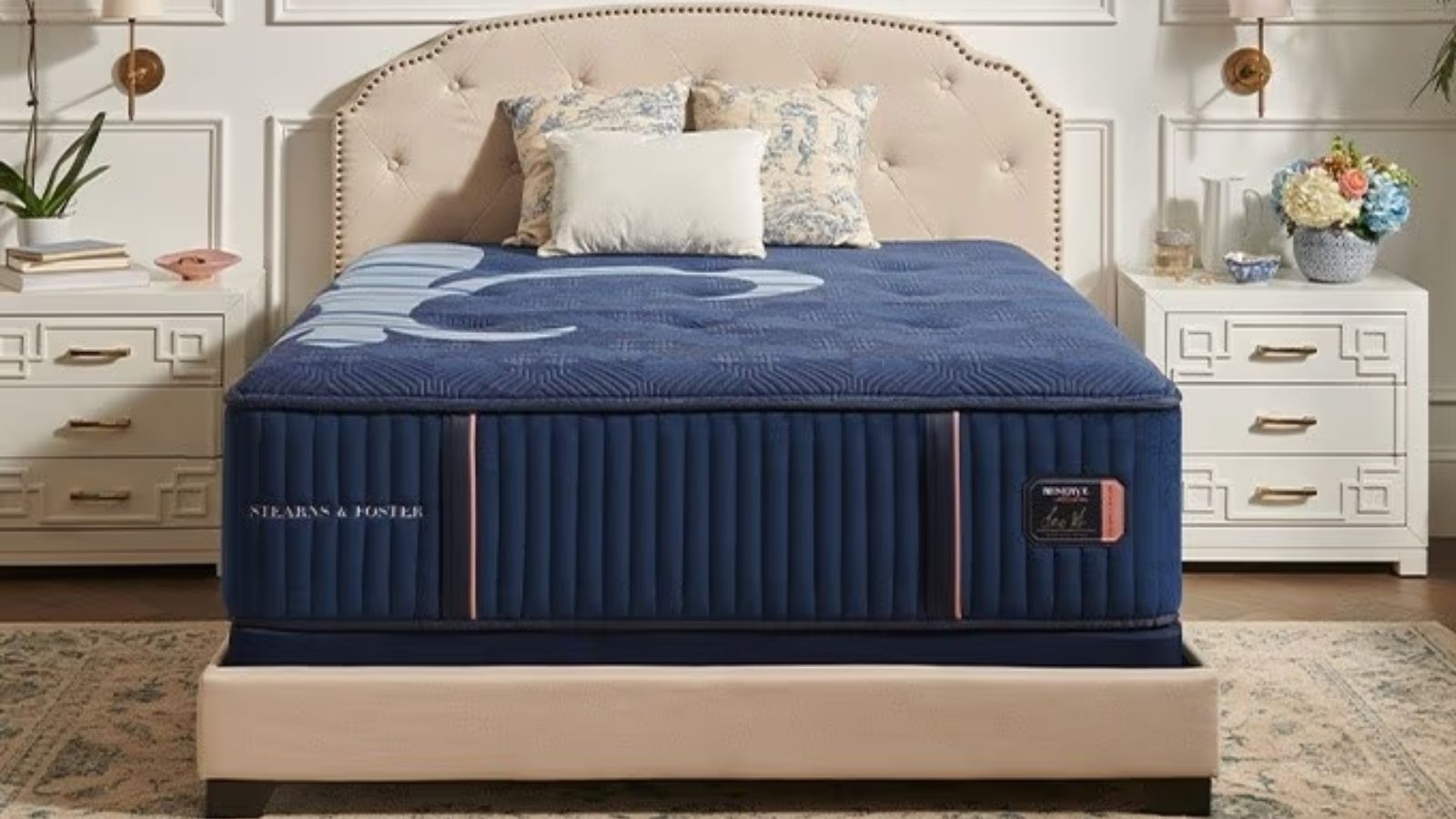

A good mattress will set you back hundreds, if not thousands, of dollars, so you want to make sure you get the right one. With so many makes and models on the market, it's easy to feel spoiled for choice and end up opting for the wrong bed.
So many times, I've seen shoppers complain that their mattress doesn't meet their needs. The vast majority of mattress buying mistakes boil down to the fact that shoppers are buying blind, in such a hurry to find a new bed that they don't stop to do their research.
As H&G's resident sleep writer, I lead a team of expert testers to find the world's best mattress. We assess each bed against the same criteria: comfort; support; breathability; and motion isolation. We also consider all the practical aspects of buying a bed, from the extent of mattress warranties to the details of delivery. We're sharing all our hard-won wisdom so that you can learn from our mistakes.
Mattress buying mistakes − what not to do
I've combed through our back catalog of mattress reviews and spoken to a panel of our expert testers to work out what not to do when you're buying a new bed. Bear these eight top tips in mind when you're mattress shopping and you won't go far wrong.
1. Buying the wrong size
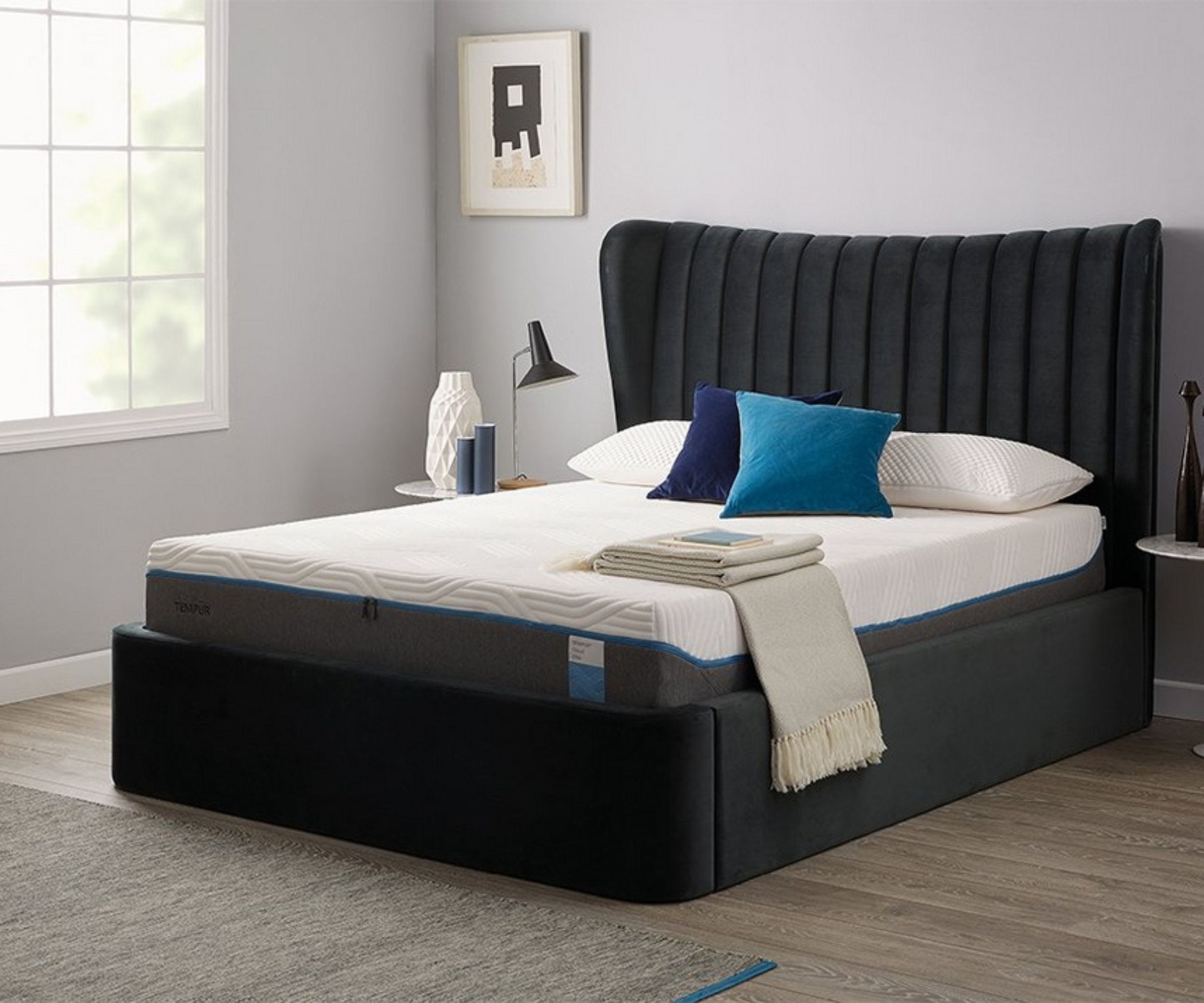
You'd be surprised how many people buy a mattress without double-checking the dimensions of their bed frame and considering and mattress size best meets their sleep needs and the size of their space. If, hand on heart, you don't know the difference between a Queen and King, then I'd encourage you to consult our mattress size chart before you begin.
As a general rule, bigger mattresses are better for couples, master bedrooms, and anyone who likes to have space to sprawl. Smaller mattress sizes are more suitable for college dorms, solo sleepers, and anyone working with a tighter budget.
If you're an American citizen buying a bed from an international mattress brand, then it's more important than ever to scour the specifications and work out your exact mattress size. A King mattress means very different things on either side of the pond. Our expert guide to US vs UK beds should help you to find the right size.
2. Not knowing your budget
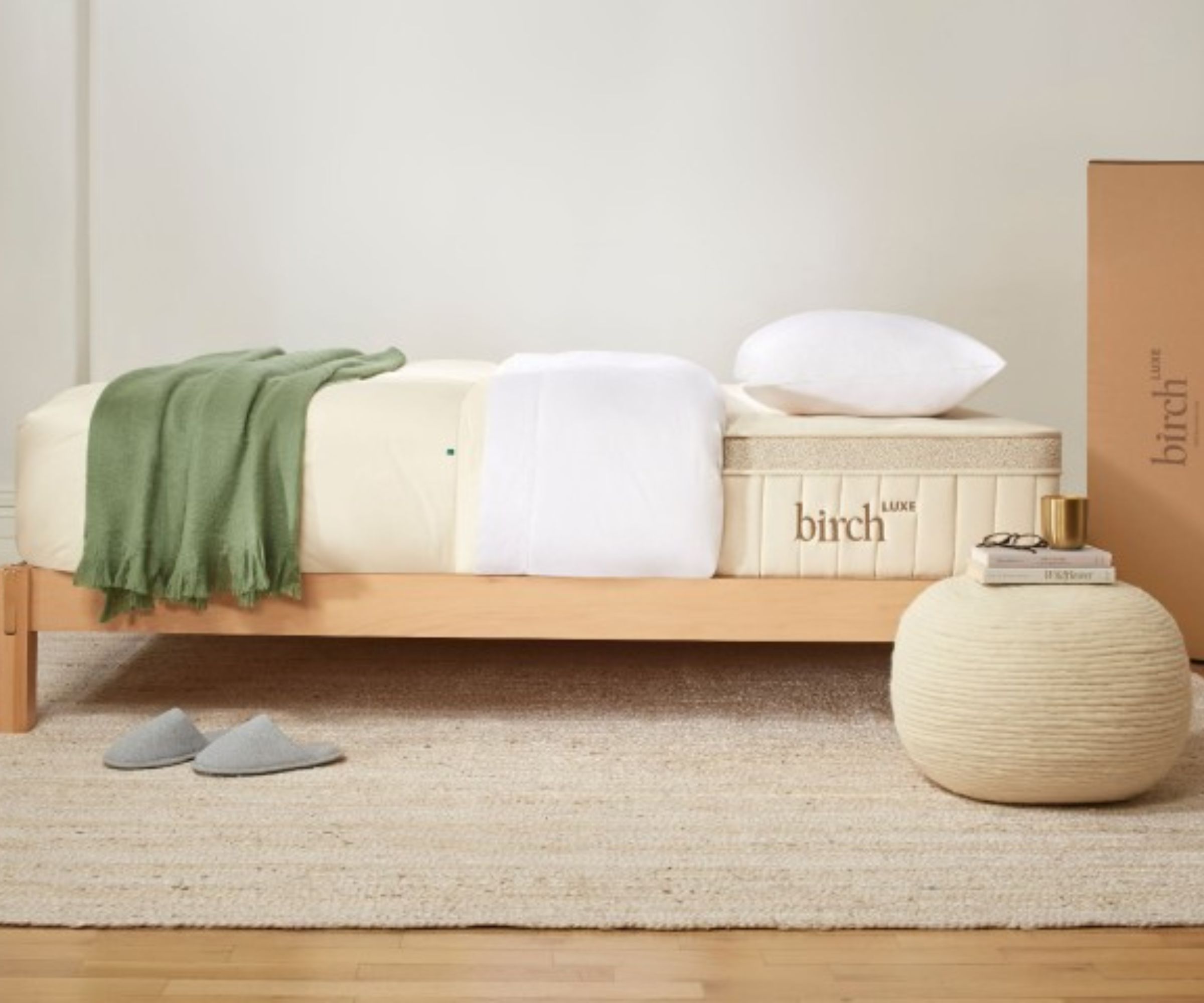
A mattress is a major investment. Before you start shopping, I recommend you set a minimum spend and a maximum spend, taking into account your sleep needs as well as your financial circumstances. If you're looking for a high-tech hybrid, then you should expect to spend upwards of $1,000. If you're happy with an ordinary innerspring, then you can afford to spend a little less. Personally, I'd expect to spend at least $700 to get a Queen-sized mattress in a good condition.
If you're working to a tighter budget, then I suggest you narrow the search to the best affordable mattress. We've tried and tested excellent options from big-name brands, including Emma and Leesa. If you've got some cash to spare, and you want to put it towards a good mattress, then you could consider the best luxury mattress.
Before I specialized as H&G's sleep writer, I was a shopping correspondent. I love a good bargain, but I'd never compromise quality for cost. That's why I suggest you exercise caution as you shop the mattress sales. Don't be taken in by a low price on a mediocre mattress that might not hold up a few years down the line.
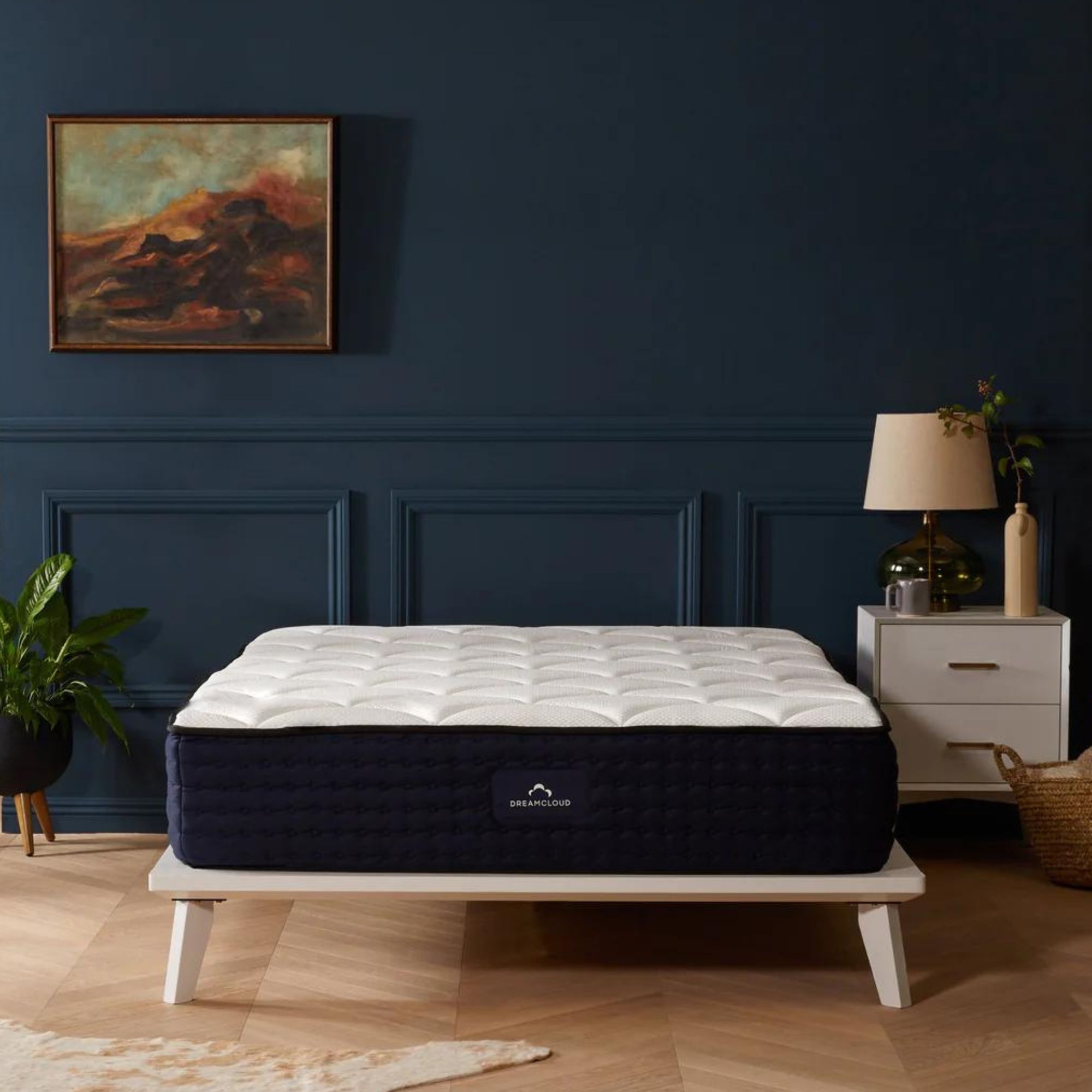
This self-appointed 'luxury' mattress is almost always on sale for just $665 for a Queen. For this reasonable price, you get excellent edge support and medium-firm tension to cushion your joints and maintain the natural alignment of your spine.
You can find more detail in our DreamCloud Luxury Hybrid Mattress review.
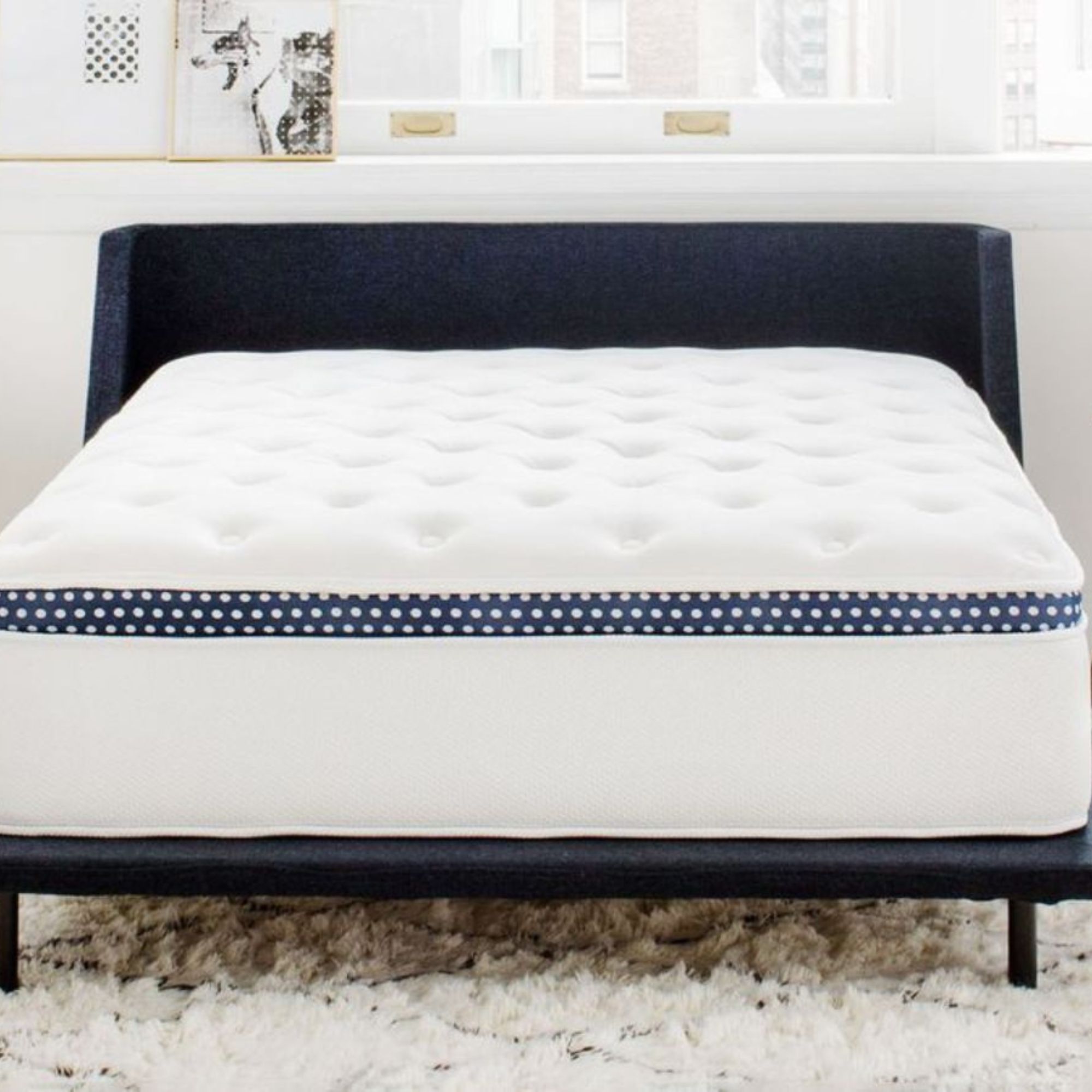
This hybrid mattress combines the plush comfort of memory foam with the airflow and support of an innerspring. It's the best of both worlds and it's a particularly attractive option for hot sleepers, anyone who shares a bed, and anyone who suffers from chronic pain.
You can find more detail in our WinkBed Luxury Hybrid Mattress review.
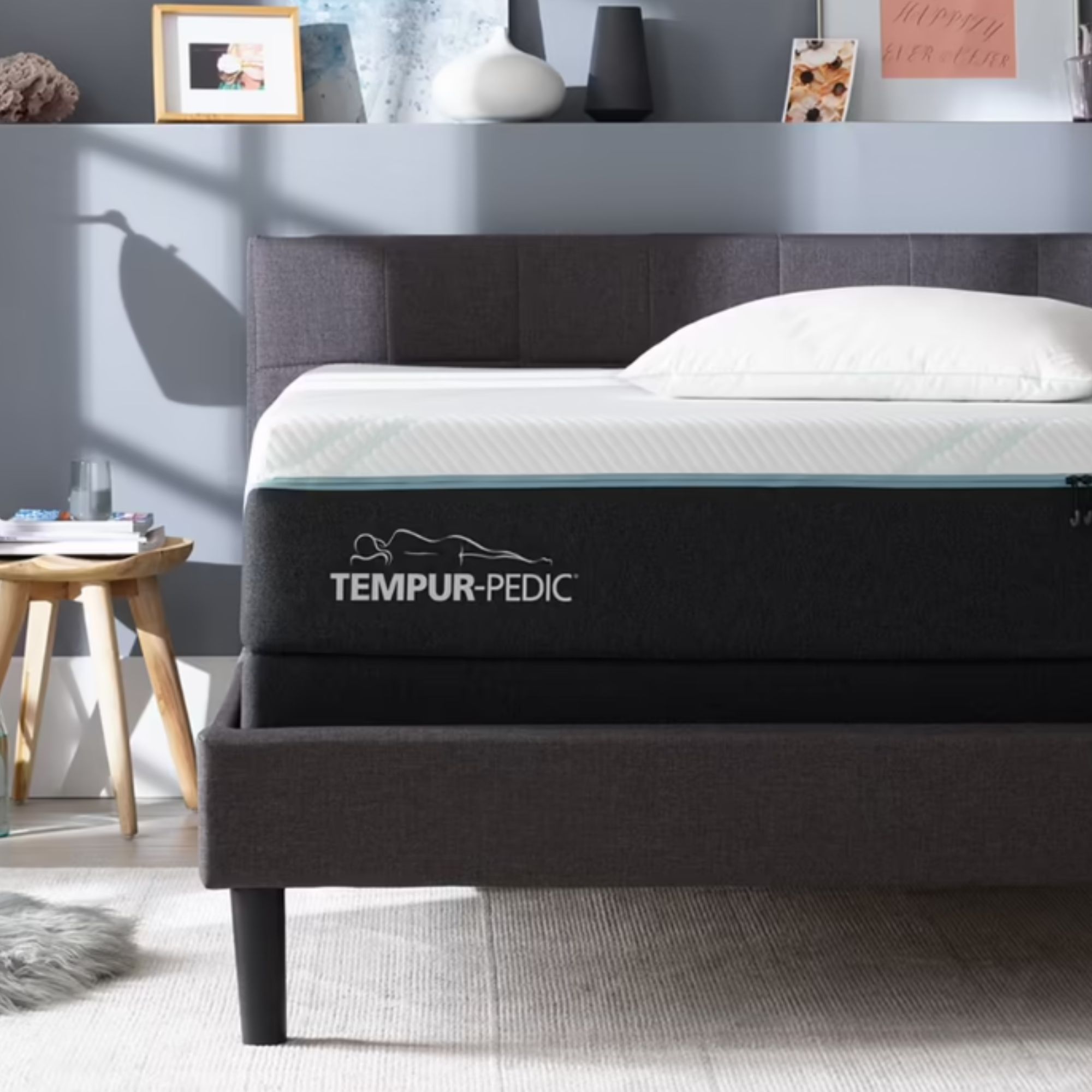
Our expert tester, Jaclyn, loves everything about the Tempur-Pedic ProAdapt Mattress − except for the price. This is one of the most expensive beds we've ever tested, but you get what you pay for – custom comfort, active cooling, and excellent edge support.
You can find more detail in our Tempur-Pedic ProAdapt Mattress review.
3. Not knowing your sleep style
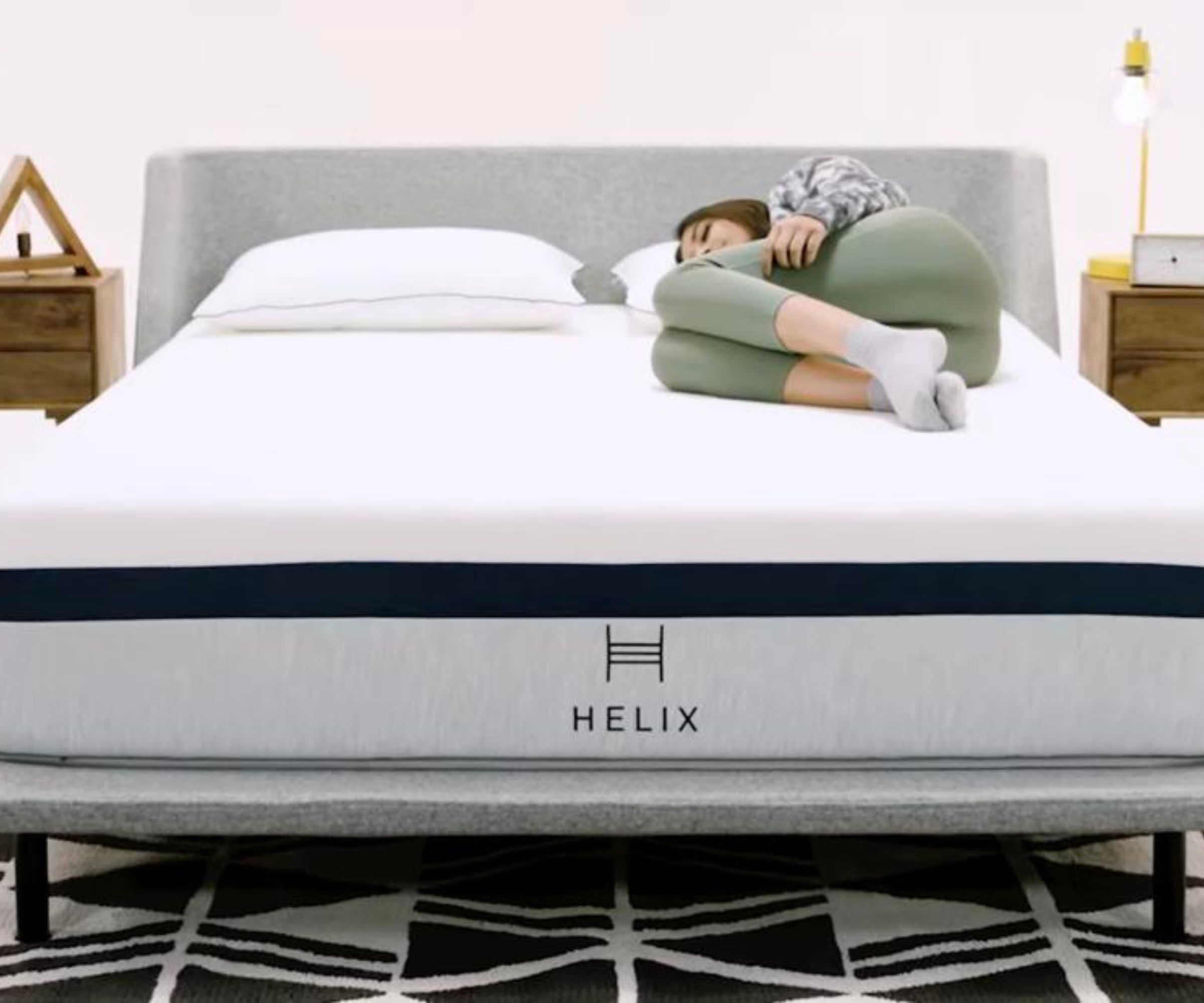
A quick Google search for 'which mattress should I buy?' yields tens of thousands of results in less than half a second. Many of the top entries are sponsored posts from big-name brands, telling you to buy their mattress without knowing a thing about your sleep style. If you're taken in by their marketing jargon, then you could end up with a mattress mismatch.
If you've read any of my articles, you'll know that I talk a lot about sleep styles. It's a catch-all term that encompasses three key considerations − your sleep position (how you lie on the bed); your sleep temperature (whether you run hot or cold in bed); and your sleep circumstance (whether you share a bed with a pet or partner, whether you suffer from chronic pain etc.)
Learning about your sleep style can teach you a lot about which mattress you should buy. How you lie on the bed informs the best mattress firmness for you, while your personal values and budget constraints could inform whether you opt for an organic mattress, made to order, or stick with a bed-in-a-box.
4. Not knowing your mattress types
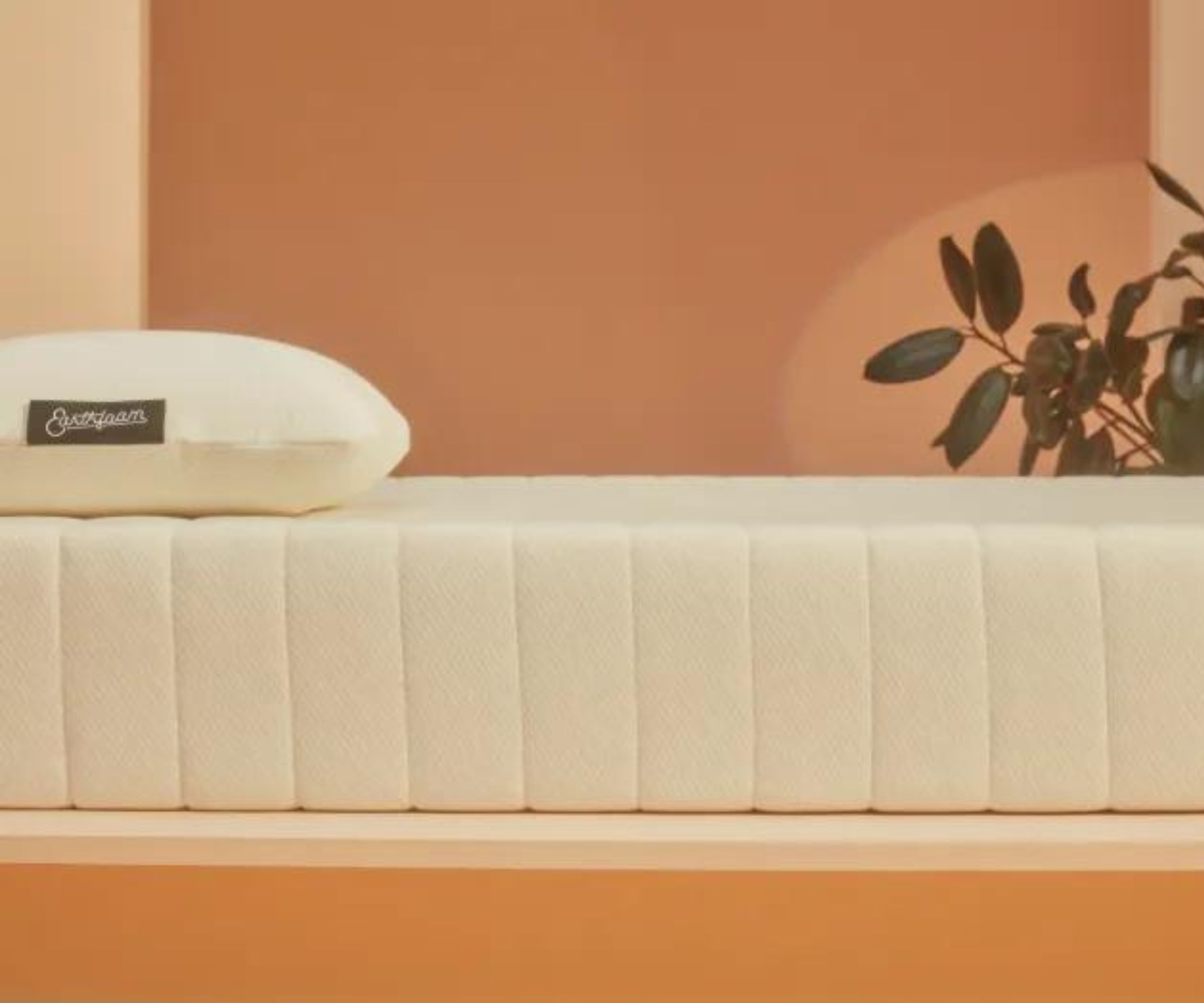
From the outside, every mattress looks the same − a big slab of foam and fabric. If you don't do your research into mattress types, and you just pick up the first bed you see on the shop floor, then you could end up with a mattress material that's all wrong for your sleep needs.
You might appreciate the contouring comfort of memory foam, but grow to loathe its heat retention and lack of edge support. Conversely, you might love the sound of a latex mattress, but learn that eco-credentials are no substitute for plush comfort and motion isolation.
Before you buy a mattress, I'd urge you to consider all the pros and cons of its materials, from how they're made to what they cost. This information is readily available in our mattress reviews. If you'd like to learn more about how we test mattresses, you can find more detail in our expert guide.
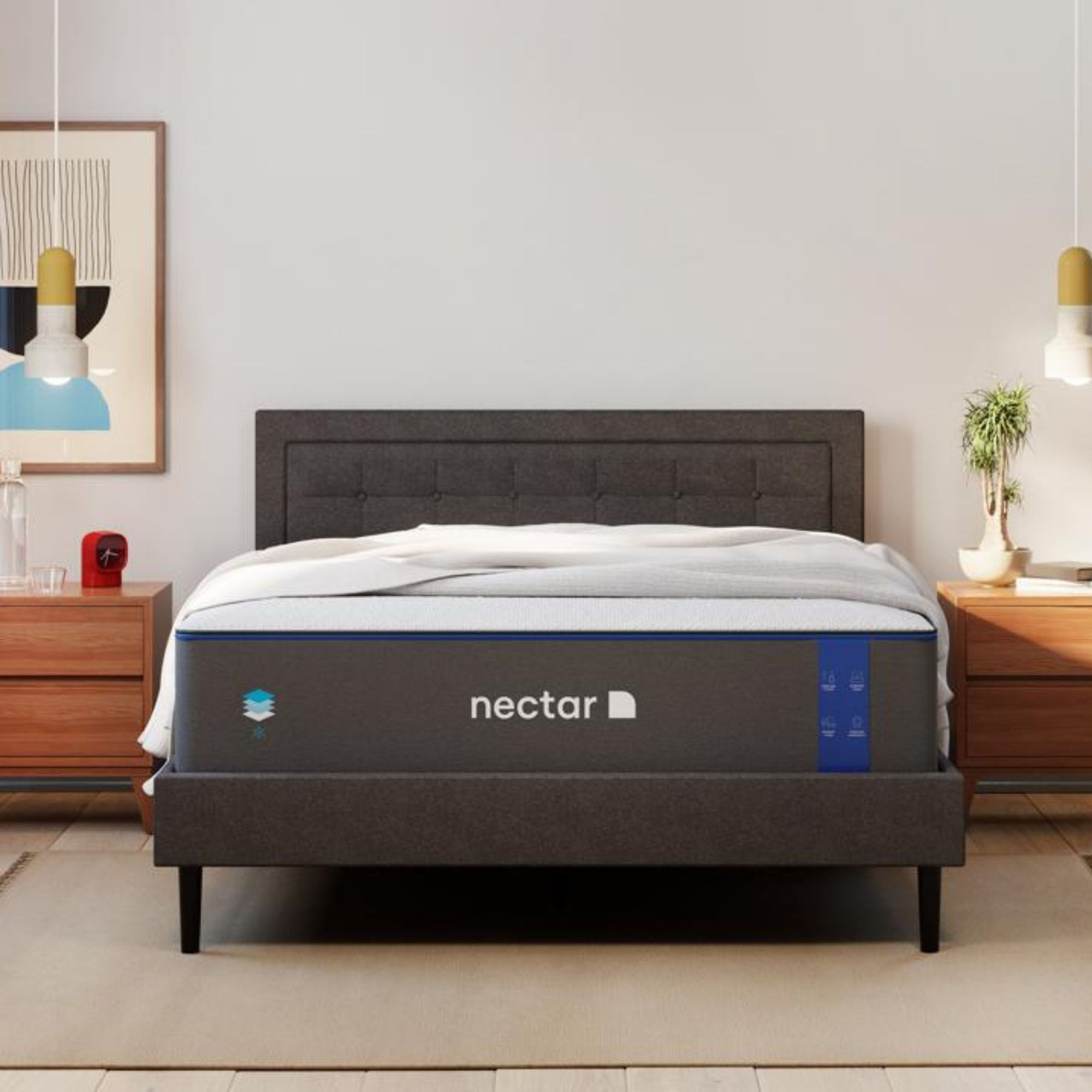
If you're anything like our expert tester, Casey, then you'll appreciate the pressure-relieving properties of the Nectar Memory Foam Mattress. I'd recommend this bed for light sleepers and anyone who suffers from chronic pain, though hot sleepers should steer clear.
You can find more detail in our Nectar Memory Foam Mattress review.
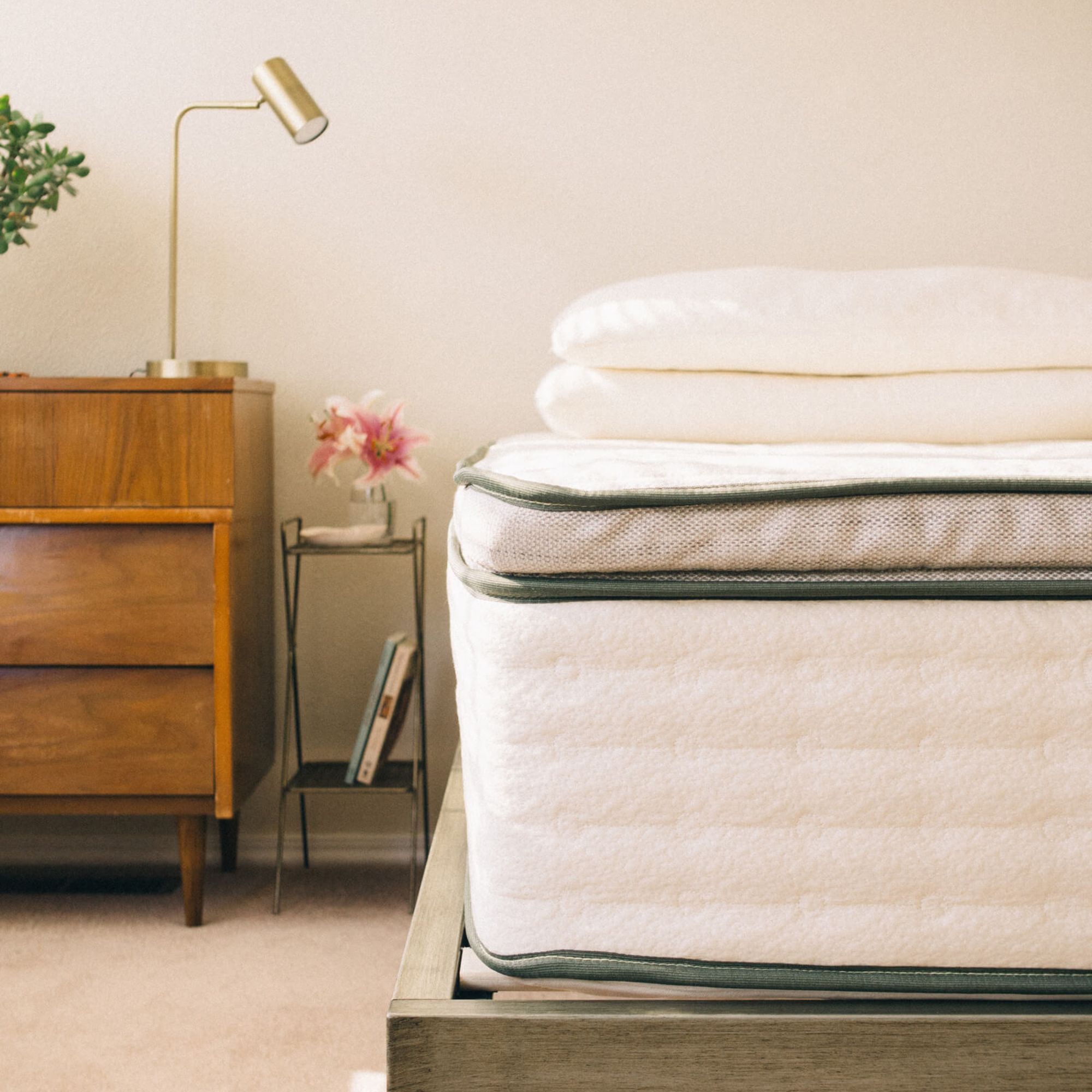
This latex mattress is soft enough to cushion your joints, yet sufficiently supportive to keep your spine in line. The Avocado Green Mattress is a great fit for eco-conscious shoppers, but it's on the more expensive side, so I wouldn't recommend it for buyers on a budget.
You can find more detail in our Avocado Green Mattress review.
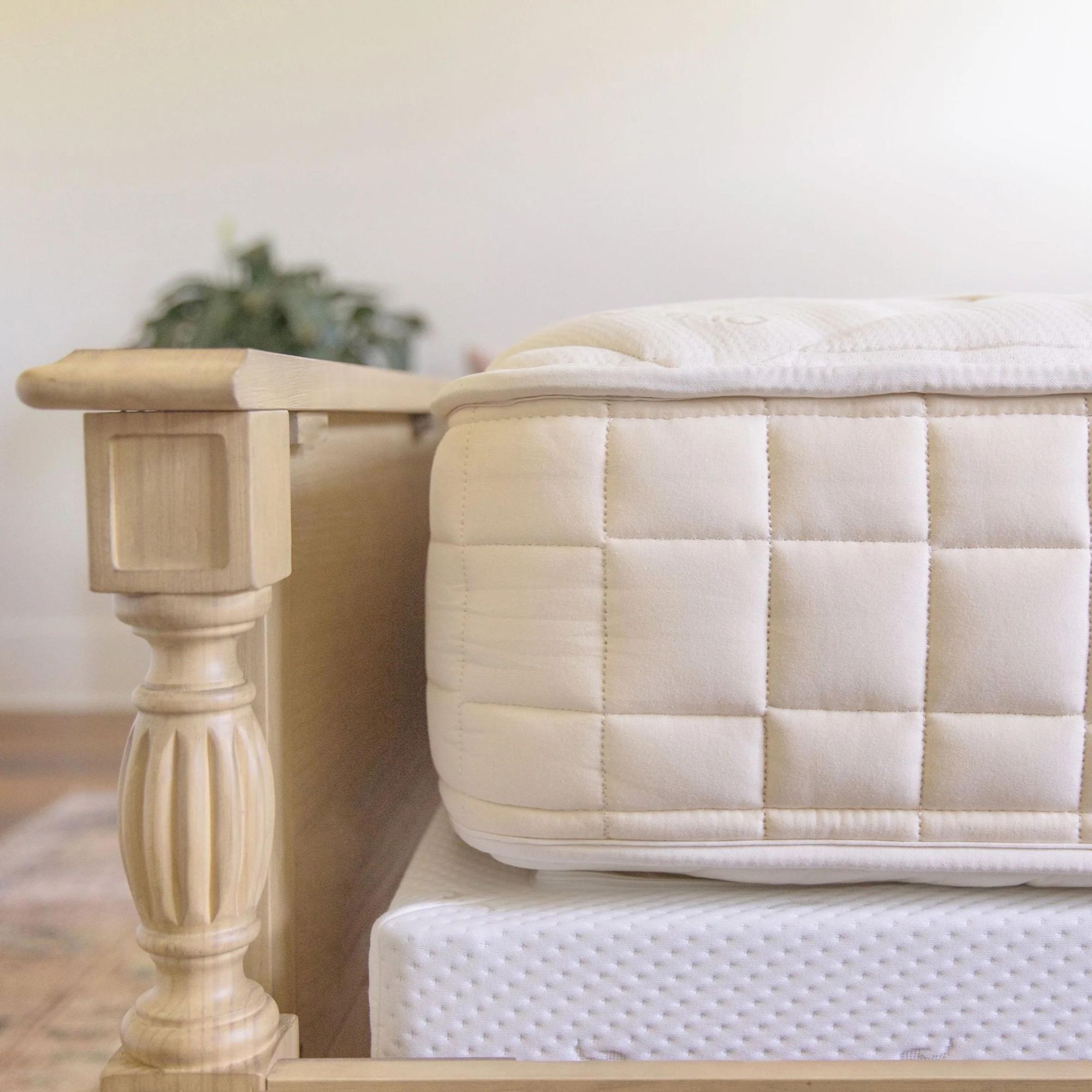
Made from natural materials, this innerspring mattress is breathable and supportive, a great fit for hot sleepers and anyone who prefers to sleep on a firmer surface. If you're looking for plush comfort, I'd suggest you forgo springs and explore your foam options.
You can find more detail in our Naturepedic Chorus Mattress review.
5. Not considering your partner
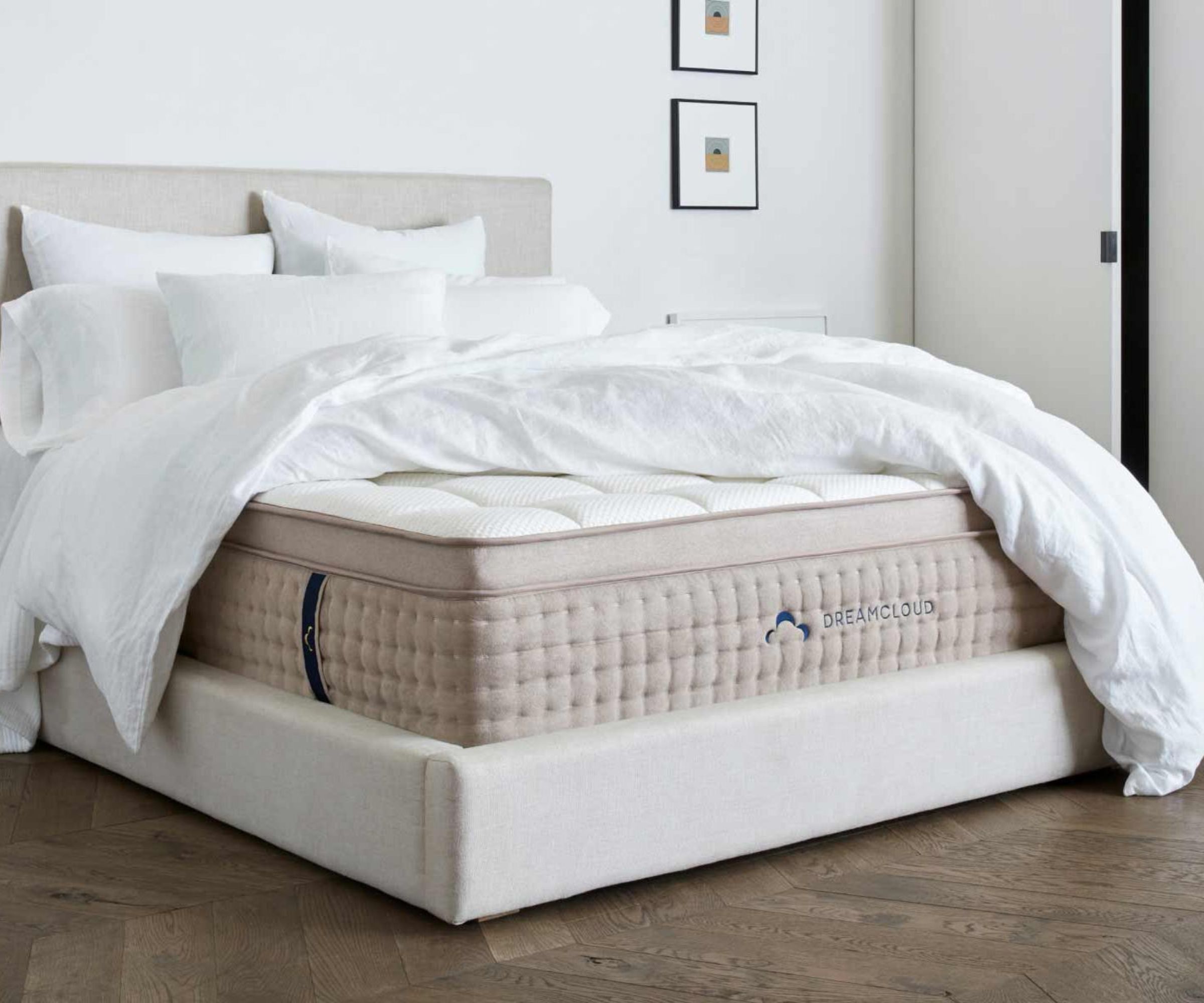
It's all very well to buy a mattress that meets your sleep needs and budget constraints – but if you share a bed with a pet or partner, then you need to take their likes and dislikes into consideration, too.
If you run hot, and your partner runs cold, then you're what we call a 'thermally incompatible' couple. However much you want the best cooling mattress, you should consider a thermoregulating mattress so as not to leave your partner out in the cold.
If you sleep on your stomach, but your partner sleeps on their side, you shouldn't battle it out for a soft or firm mattress. One of you will wake up in the morning with aches and pains, and the ensuing arguments just aren't worth it. Instead, meet in the middle with a medium or medium-firm mattress to take the pressure off your joints while supporting your spine.
6. Not reading the fine print
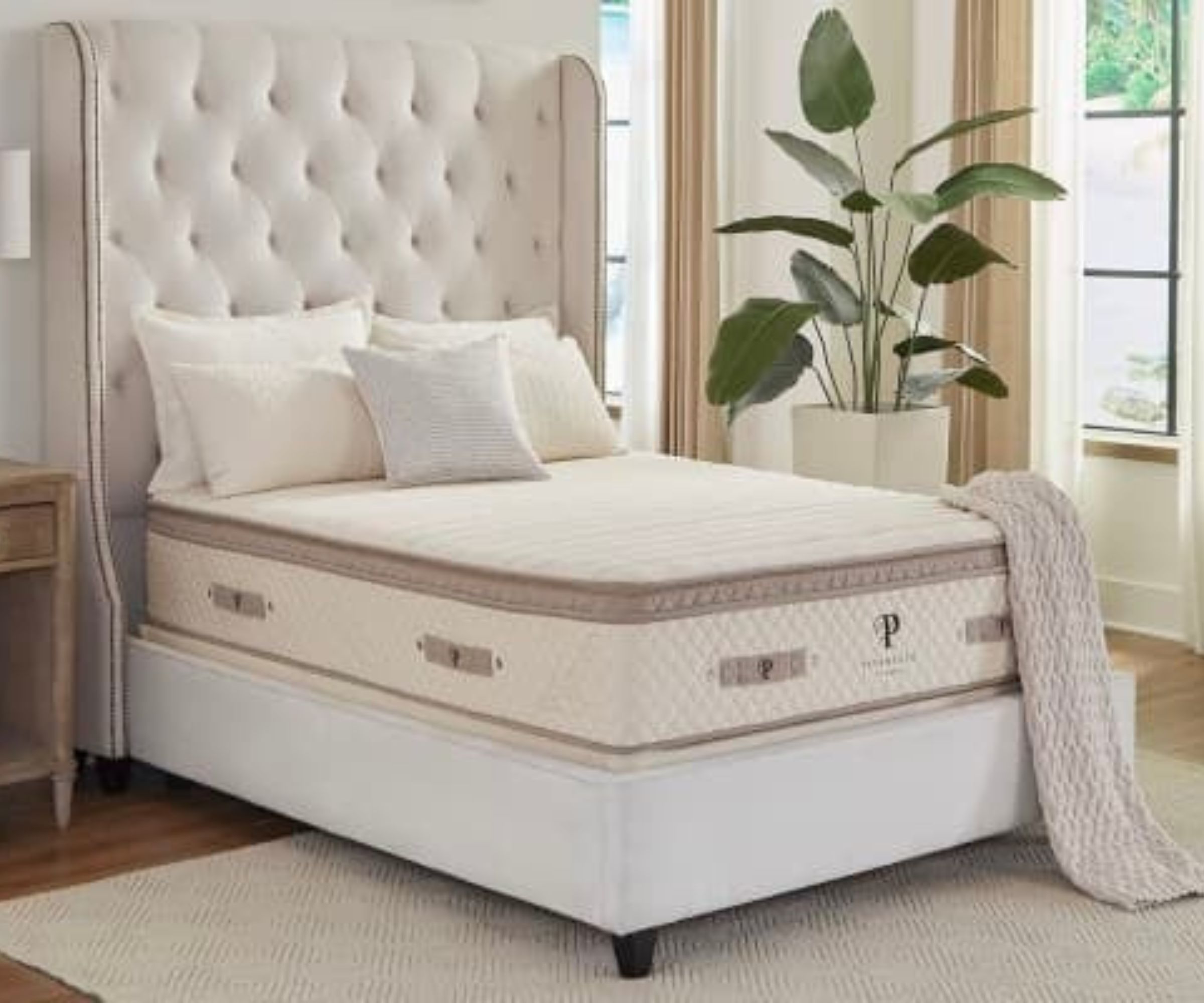
Whether you're shopping for a mattress in-store or online, it's all too easy to skim the specifications and skip over all the legal information. Still, if you want to protect your mattress purchase, you need to read the fine print.
Before you buy a bed, you need to work out what the mattress warranty covers and how long it lasts. Remember that different mattress brands will have different policies on refunds and returns. One store might offer a longer mattress sleep trial than another, or a particular mattress might come with white glove delivery.
Once your mattress arrives, I'd encourage you to keep a copy of your receipt. If you don't, and you ever need to file a warranty claim, then you'll have a much harder time proving that you are the original owner of the mattress.
7. Ignoring your bed base

Unless you're planning to put your mattress on the floor, then you need to find a mattress that's compatible with your existing bed base or bed frame. Too many times, I've seen shoppers bring home a Queen-sized mattress, only to learn that they have a Full-sized bed frame.
If you're buying a bed base for the first time, then I suggest you shop through our buying guide for the best bed frames. A poor-quality bed base can lead to loss of support in certain areas of the mattress, putting undue strain on your joints and spine.
8. Buying based on someone else's experience
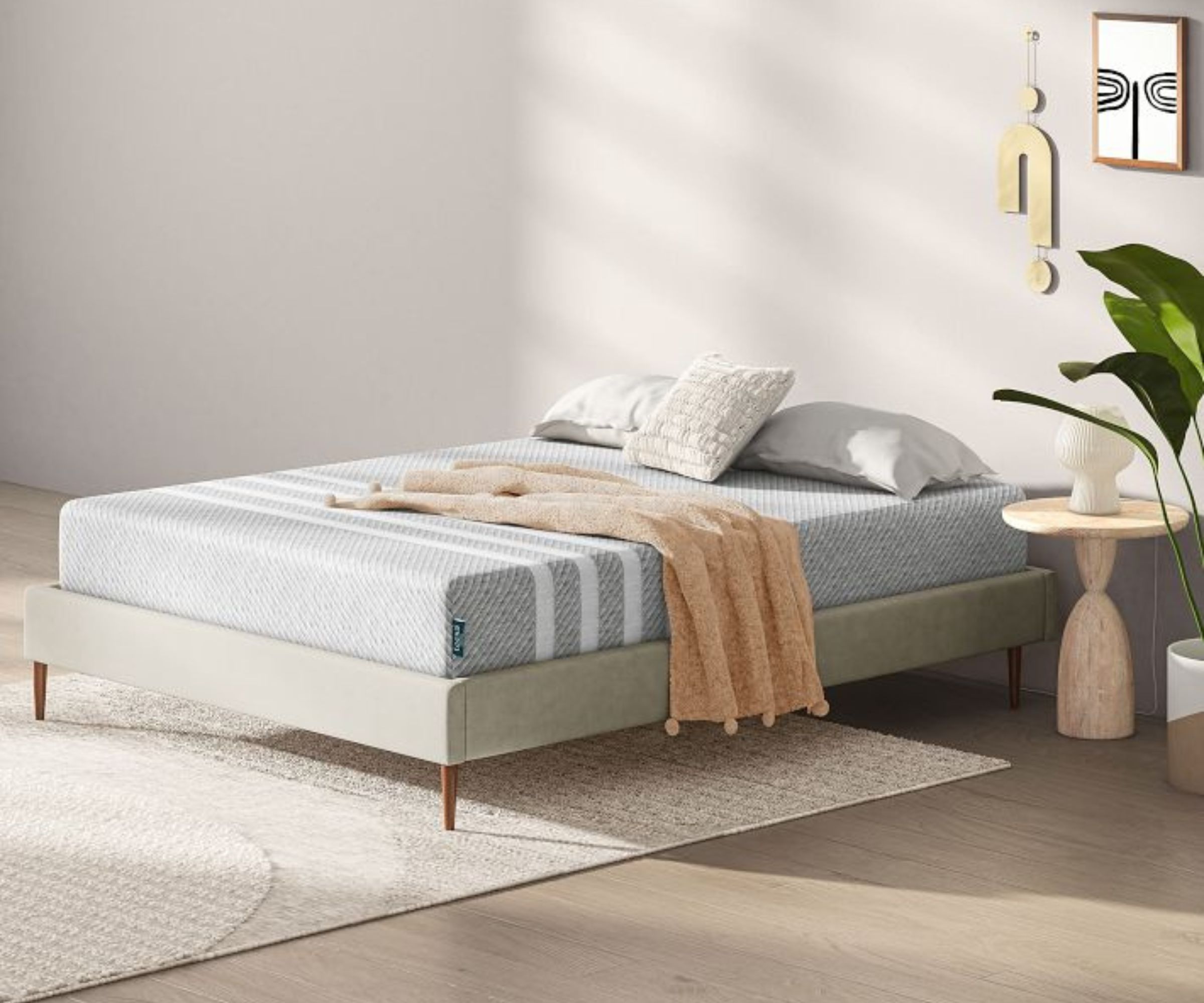
Granted, not everyone can make it out to a mattress showroom to test their new bed in person. If you're ordering a mattress online, I'd encourage you to make the most of the mattress sleep trial, so that you can get some hands-on experience before you need to commit to your purchase.
A well-written mattress review can help you to rule out the wrong beds and point you towards the right one – a system that works best if you have a particular mattress in mind. If you know you want to buy the best organic mattress, for example, then there's little point in sifting through buying guides for memory foam models. Work out your sleep style and your personal values before you get lost in the weeds of mattress reviews.
I'd also urge you not to set too much store by the mattress recommendations of family and friends. Comfort and support are such subjective things, and one person's dream bed is another person's nightmare. You're better off asking your family and friends about their experience with particular brands' customer service and delivery details.
Final thoughts
So, that's what not to do when you're mattress shopping. Now, it's time for some positive affirmations − do your research, shop the sales, and try to purchase direct from the manufacturer to get the best price and a water-tight warranty.
Sign up to the Homes & Gardens newsletter
Design expertise in your inbox – from inspiring decorating ideas and beautiful celebrity homes to practical gardening advice and shopping round-ups.

Emilia is our resident sleep writer. She spends her days tracking down the lowest prices on the best mattresses and bedding and spends her nights testing them out from the comfort of her own home. Emilia leads a team of testers across America to find the best mattress for every sleep style, body type, and budget.
Emilia's quest to learn how to sleep better takes her all around the world, from the 3Z mattress factory in Glendale, Arizona to the Hästens headquarters in Köping, Sweden. She's interviewed luxury bedding designers at Shleep and Pure Parima, as well as the Design Manager at IKEA. Before she joined Homes & Gardens, Emilia studied English at the University of Oxford.
-
 Drew Barrymore's striped sofa is her most elegant design to date – it oozes East Hampton elegance in time for summer 2025 (and is under $384)
Drew Barrymore's striped sofa is her most elegant design to date – it oozes East Hampton elegance in time for summer 2025 (and is under $384)This subtly striped linen sofa anchors any living room while feeling light and casual – it looks so much more expensive than its price tag
By Megan Slack
-
 Bryce Dallas Howard's bedroom is the most creative, social space in her entire home – she uses 'conversational seating' to create a multifunctional 'salon'
Bryce Dallas Howard's bedroom is the most creative, social space in her entire home – she uses 'conversational seating' to create a multifunctional 'salon'The actress's bedroom doubles as a home office thanks to its clever layout and furnishings, proving that this area is much more than a sleep space
By Hannah Ziegler